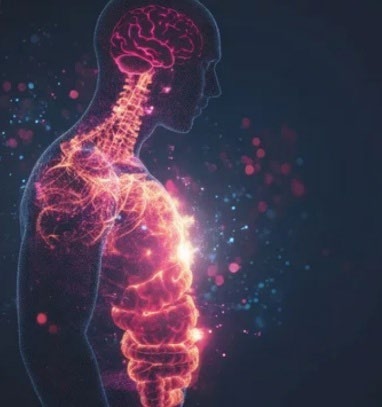ReNeu Institute of Human Eco-Health Ltd
ReNeu Institute of Human Eco-Health Ltd
Purposes
- Promote the basic concepts and applications of Human Environmental Studies.
- Facilitate public engagement through interactive methods in daily life.
- Incorporate it into the mainstream education system starting from education.
- Establish community awareness groups and ambassadors to enhance community health consciousness.
- Apply Human Environmental Studies technologies in mainstream medicine and continuously collaborate with universities to enhance technology.
Human Eco-Health Studies:
Harmonious Coexistence of Health and Environment
A New Perspective on Environmental Protection
- Environmental protection is not just about coexistence with the environment; it can also be applied to human health.
- Combining environmental concepts to achieve sustainable development of Earth’s resources.
Concepts of Human Eco-Health Studies
- Establish healthy lifestyles through natural daily products and harmless foods.
- Educate people from a young age to protect themselves from chemical pollution and harmful additives.

Evolution of Food Additives
- Early food additives were mostly natural substances, while today, many are chemically synthesized.
- Although regulations exist, the complete safety of chemical substances still requires attention.
Maintaining a Balance Between Diet and Health
- While pursuing delicious food, attention must be paid to the balance of nutrients andharmful substances.
- Choose the quality and quantity needed by the body to avoid the accumulation of chemical toxins.
Potential Hazards of Chemical Synthetic Products
- Everydayproducts contain chemical components, such as cleaners and cosmetics.
- Long-term exposure may lead to chronic diseases like inflammation and cardiovascular issues.
Impact of Industrialization
- The conveniences brought by the Industrial Revolution also introduced various chemical toxins.
- The body gradually accumulates chemicals, necessitating caution regarding their long-term effects.
Common Chemicals: Uses and Potential Risks

Research Projects of the reNeu Institute of Human eco-Health
Studies
- Emphasize awareness of harmful substances to maintain body health.
- Promote healthy living patterns, reduce chronic disease risks, and achieve harmonious coexistence between humans and nature.
Promotion
Future Promotion of Human Environmental Studies
- Implement soft education and training within communities.
- Promote academic research gradually.


